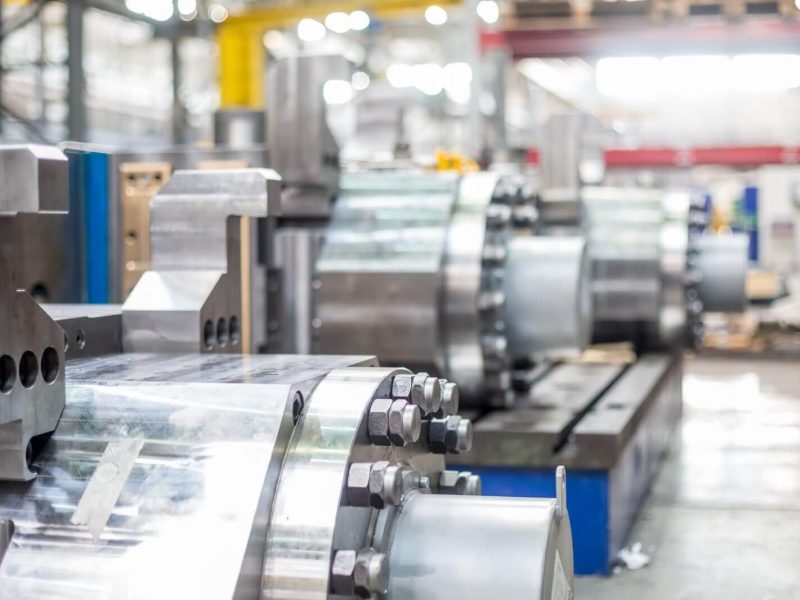
The manufacturing industry is undergoing a digital transformation, and two technologies at the forefront of this change are the Internet of Things (IoT) and smart sensors. These innovations are revolutionizing how manufacturers monitor, control, and optimize their operations. Here’s a closer look at how IoT and smart sensors are making a significant impact in the manufacturing process.
What is IoT in Manufacturing?
The Internet of Things (IoT) refers to the network of connected devices that communicate with each other and with central systems over the internet. In manufacturing, IoT devices include machines, tools, sensors, and other equipment that collect and exchange data in real-time. This connectivity allows manufacturers to track every aspect of their operations, from machine performance to inventory management, improving decision-making and efficiency.
The Role of Smart Sensors
Smart sensors are devices that collect data about physical conditions (such as temperature, pressure, or vibration) and transmit that data to connected systems for analysis. These sensors are critical for gathering real-time information about machines, processes, and products. In manufacturing, they are used to monitor everything from machine health to environmental conditions, helping identify potential issues before they cause costly downtime.
Key Benefits of IoT and Smart Sensors in Manufacturing
- Predictive Maintenance One of the most valuable applications of IoT and smart sensors is predictive maintenance. By continuously monitoring machine health and performance, sensors can detect early signs of wear or malfunction. This data allows manufacturers to perform maintenance proactively, reducing unplanned downtime and preventing costly repairs.
- Enhanced Efficiency IoT and smart sensors enable real-time data collection, allowing manufacturers to optimize their processes. Sensors can monitor production speed, material usage, and energy consumption, helping to identify bottlenecks, reduce waste, and improve overall efficiency. By automating data collection, manufacturers can make faster, more informed decisions that drive productivity.
- Improved Quality Control Quality control is critical in manufacturing, and IoT-enabled sensors play a crucial role in ensuring products meet specifications. By monitoring factors such as temperature, humidity, and pressure during production, smart sensors ensure that conditions are optimal for producing high-quality goods. If any deviations occur, immediate adjustments can be made to maintain product quality.
- Inventory and Supply Chain Management IoT can also improve inventory management by tracking materials and products in real-time. Smart sensors can help manufacturers track the location of raw materials, finished goods, and even equipment, ensuring that everything is in the right place at the right time. This reduces the risk of stockouts or overstocking, helping to streamline the supply chain.
- Energy Efficiency and Sustainability IoT and smart sensors can contribute to more sustainable manufacturing practices. By monitoring energy usage and identifying areas where energy is being wasted, manufacturers can make changes that reduce their carbon footprint and lower operational costs.
The integration of IoT and smart sensors in the manufacturing process is transforming the industry by improving efficiency, enhancing quality control, enabling predictive maintenance, and streamlining inventory management. As these technologies continue to evolve, the future of manufacturing will be smarter, more agile, and more data-driven, helping manufacturers stay competitive in an increasingly fast-paced market.
